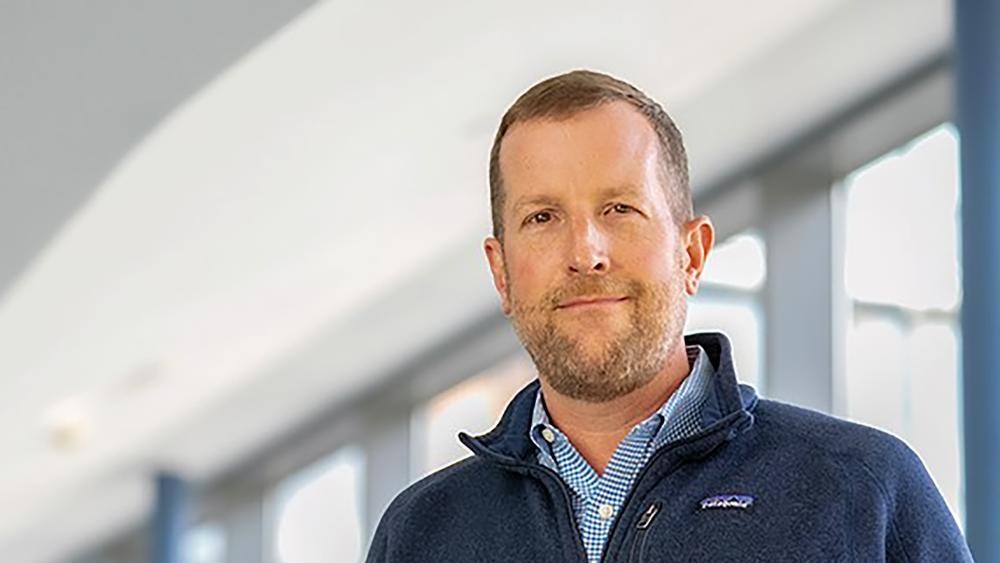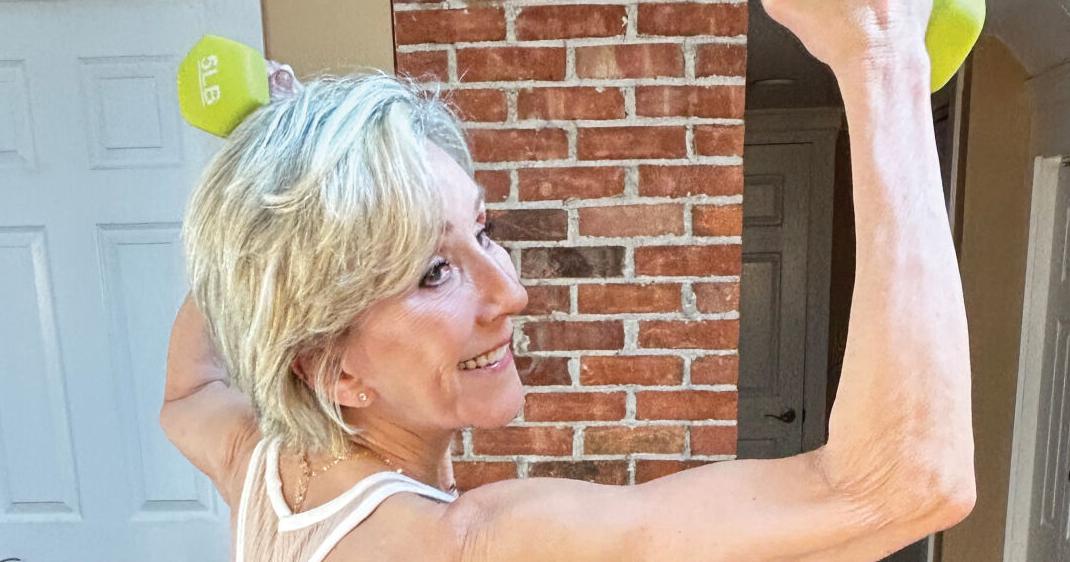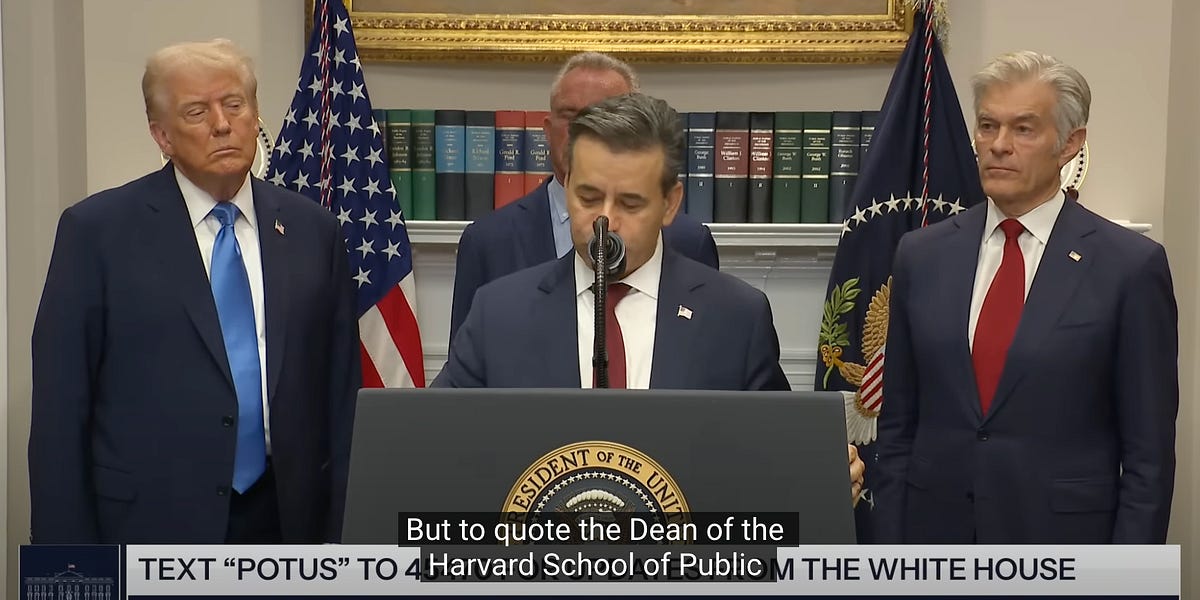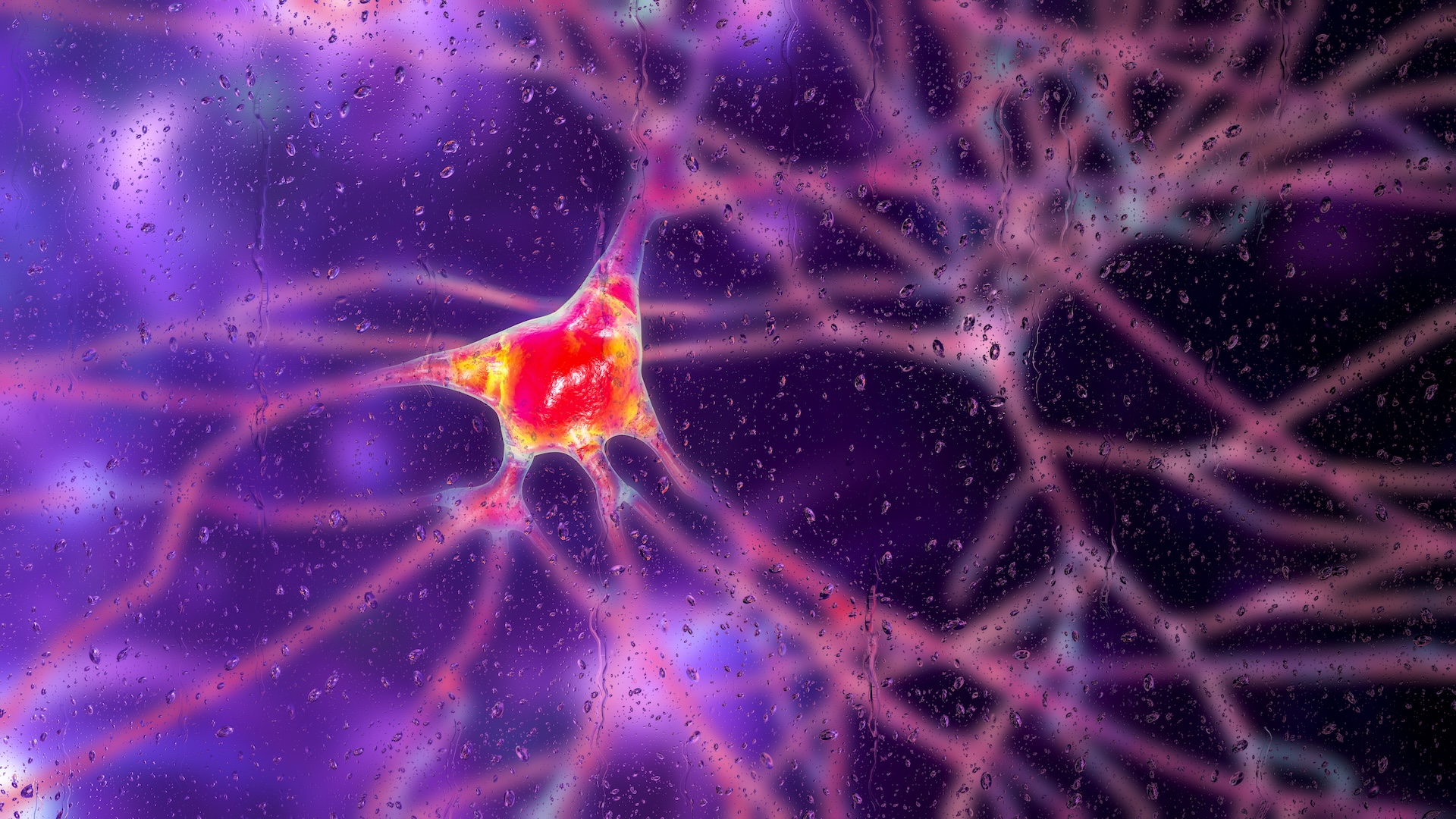10 Red-Flag Responses From Kids to Never, Ever Ignore

Newborns don’t talk, but it’s usually pretty simple to figure out what they’re saying: “Feed me,” “I need a nap,” “Let’s snuggle” or “Uh, diaper change—pronto.” As kids grow into toddlers, their communication skills grow but remain underdeveloped. In comparison, teens and tweens can feel like closed books—perhaps as if they are in a different world, even when you’re sitting side by side.
Child psychologists say that parents and grandparents often have to learn to dig deeper when communicating with children and adolescents.
“Children rarely tell us directly, ‘I’m overwhelmed,’ ‘I feel left out’ or ‘I’m depressed,'” says Dr. Amy Kincaid Todey, Ph.D., a child psychologist with Todey Psychology. ”Instead, our kids send us coded messages through their behavior and through the words that they choose.”
Dr. Todey warns that if we take their responses at face value, we may miss a deeper story.
“Learning to decode these hidden signals can help parents catch small sparks of struggle before they grow into larger fires,” she shares.
We spoke with four child psychologists to help caregivers play detectives and firefighters, all while becoming fluent in “kid speak.” They share 10 common responses from kids that parents and grandparentsshould not ignore—and the potential hidden meanings behind each one.
Related: Child Psychologists Are Begging Parents and Grandparents to Never Turn a Blind Eye to These 10 Habits
10 Red Flag Responses From Kids, According to Child Psychologists
1. “A friend of mine said…”
Even when children outgrow imaginary pals, they may still get creative with how they talk about their friends. Sometimes, though, they might actually refer to friends in a hypothetical sense to see how you’ll respond.
“Externalizing or distancing by speaking about hypothetical others has been a familiar mechanism in which children and adolescents seek information and ‘test the waters’ relative to how others, in particular adults, will react to a given situation,” explains Dr. Brett A. Biller, Psy.D., a mental health director at Audrey Hepburn Children’s House, Hackensack University Medical Center.
Related: 7 Things ‘Emotionally Strong’ Grandparents Do Differently, According to Child Psychologists
2. “I can’t.”
Dr. Biller says “I can’t” statements are often code for “I am unable, “I don’t want to,” “I am fearful” or “I do not believe I am able.”
“Each of these underlying statements speaks to a level of anxiety or [fear] that can open an opportunity for an adult to be supportive and empowering by addressing them,” he notes.
3. “I don’t care.”
Dr. Biller reveals that “I don’t care” has numerous meanings, but they usually speak to underlying feelings of sadness, defeat or frustration. Dr. Biller advises caregivers to get curious about the child’s thoughts and feelings.
“Exploring thoughts and feelings underlying ‘I don’t care’ will better equip us as caregivers to address thoughts and feelings that result in such statements, should it be necessary to do so,” he says.
4. “I’m fine.”
Adults use this phrase quite often too. Mental health pros stress that most of the time, people who say “I’m fine” are not OK.
“When a child repeatedly says, ‘I’m fine,’ this may actually signal emotional withdrawal,” warns Dr. Tori Broems, Ph.D., a licensed psychologist and certified school psychologist. “Language that is avoidant in nature is easier for children to use, as they sometimes have difficulty putting feelings into words.”
Related: 8 Phrases To Replace Saying ‘It’s OK’ When It’s Really Not OK, According to Psychologists
5. “Leave me alone.”
It’s hard, but child psychologists advise parents and grandparents to try not to take this phrase personally.
“The moments where children withdraw and push other people away are sometimes the times that they need parents the most,” Dr. Todey says. “All kids need independence, but ‘leave me alone’ can also signal emotional overload, sadness or even depression.”
These emotions are heavy, and your child or grandchild may need support. Yet, you might feel like you’re in a catch-22. You’re trying to get to the reason your child told you to leave them alone, but also want to honor their boundaries.
“You can tell them: ‘I’ll give you space right now, but I’m going to check on you in a little bit because I care,'” Dr. Todey suggests. “This balance shows that boundaries are respected without letting isolation become the default coping strategy.”
Related: 5 Body Language Red Flags for Teenagers, a Child Psychologist Warns Parents and Grandparents
6. “I am stupid/dumb.”
Your child may say it when working on homework or if they hurt a friend’s feelings. However, it’s so harsh, and hearing them say it can make your heart hurt as a doting caregiver.
“This could indicate that a child is struggling at school and with self-esteem,” shares Dr. Shannon Pickett, Ph.D., a child psychologist, licensed mental health counselor and professor of Psychology at Purdue Global.
Depending on the reason for the response, she shares that parents and grandparents can support a child through this by helping them find a therapist or tutor.
7. “Everyone hates me.”
“I’m fine” exudes “nothing-to-see-here” vibes (only on the surface). However, this phrase suggests there’s a lot to see here. As with “I’m fine,” there very well could be, but getting to the root of it will require some work—including regulation on your part.
“Adults maintain a level of insight,” Dr. Biller says. “It is nearly impossible for everyone to hate us, even when we experience such thoughts.”
So, what’s a kid really doing here? He shares that children and adolescents are prone to basing their own perceptions of reality on external information. Maybe they got left out on the playground. Or perhaps someone they thought was a friend invited everyone else at the lunch table to a birthday party except the child or teen in your life.
8. “You don’t understand.”
Honestly? Your child or grandchild may have a point.
“In fact, sometimes adults don’t understand,” Dr. Todey says. “Our responses to our children can sometimes be dismissive or rushed just based on all of the adult world juggling that parents are constantly doing.”
Even loving caregivers aren’t always attuned, and we may brush off things that the child feels are a big deal (like not being asked to sit with someone at lunch).
“Behind ‘you don’t understand’ is usually a plea for empathy,” she reports. “Instead of arguing, explaining or problem-solving, validate their perspective.”
She suggests saying something like, “You’re right—I may not fully understand, but I want to. Help me see it from your side.”
“This approach teaches kids that differences in perspective don’t have to end connection,” she says.
9. “I’ll never get it right.”
See also: “What’s the point?”
“Unlike simple frustration, these phrases suggest a deeper sense of helplessness and may overlap with symptoms of depression,” Dr. Broems shares.
She notes that depressive symptoms can include:
-
Loss of interest in once enjoyable activities
-
Changes in appetite or sleep
“Additionally, children who often share that they are bored may not have the words to describe having a loss of interest in usual activities, which is a key component of depression that parents can sometimes miss,” she says.
10. “My stomach/head hurts.”
Consistency is important here—we all need a sick day every now and then.
“The occasional upset stomach or headache is common in children, but persistent occurrences can indicate anxiety in children,” Dr. Pickett explains. “We all hold our stress and anxiety physically and children are no different.”
Related: 10 Things Every Kid Needs To Hear From Their Parents and Grandparents, Child Psychologists Say
How To Continue the Conversation
Time and again, child psychologists express the importance of leaning into curiosity when kids respond to questions with phrases like, “I’m fine” or “Everyone hates me.”
“It is essential that caregivers remain curious about the statements our children make and ask questions to gain additional information,” Dr. Biller says. “Asking questions of our children in a validating manner is an essential parenting skill.”
Related: The 6 Words Therapists Wish Every Parent Would Say to Their Kids More Often
Dr. Broems suggests follow-up questions that validate and communicate safety, such as, “It sounds like this feels really hard—can you tell me more?”
“From there, parents can model healthier self-talk, reinforce effort over outcome and, when needed, seek guidance from a psychologist, social worker or another mental health professional,” she recommends.
Up Next:
Related: Child Psychologists Are Begging Parents and Grandparents To Start Using This One Confidence-Boosting Phrase
Sources:
-
Dr. Shannon Pickett, Ph.D., is a child psychologist, licensed mental health counselor and professor of Psychology at Purdue Global.
This story was originally reported by Parade on Sep 21, 2025, where it first appeared in the Life section. Add Parade as a Preferred Source by clicking here.
link







